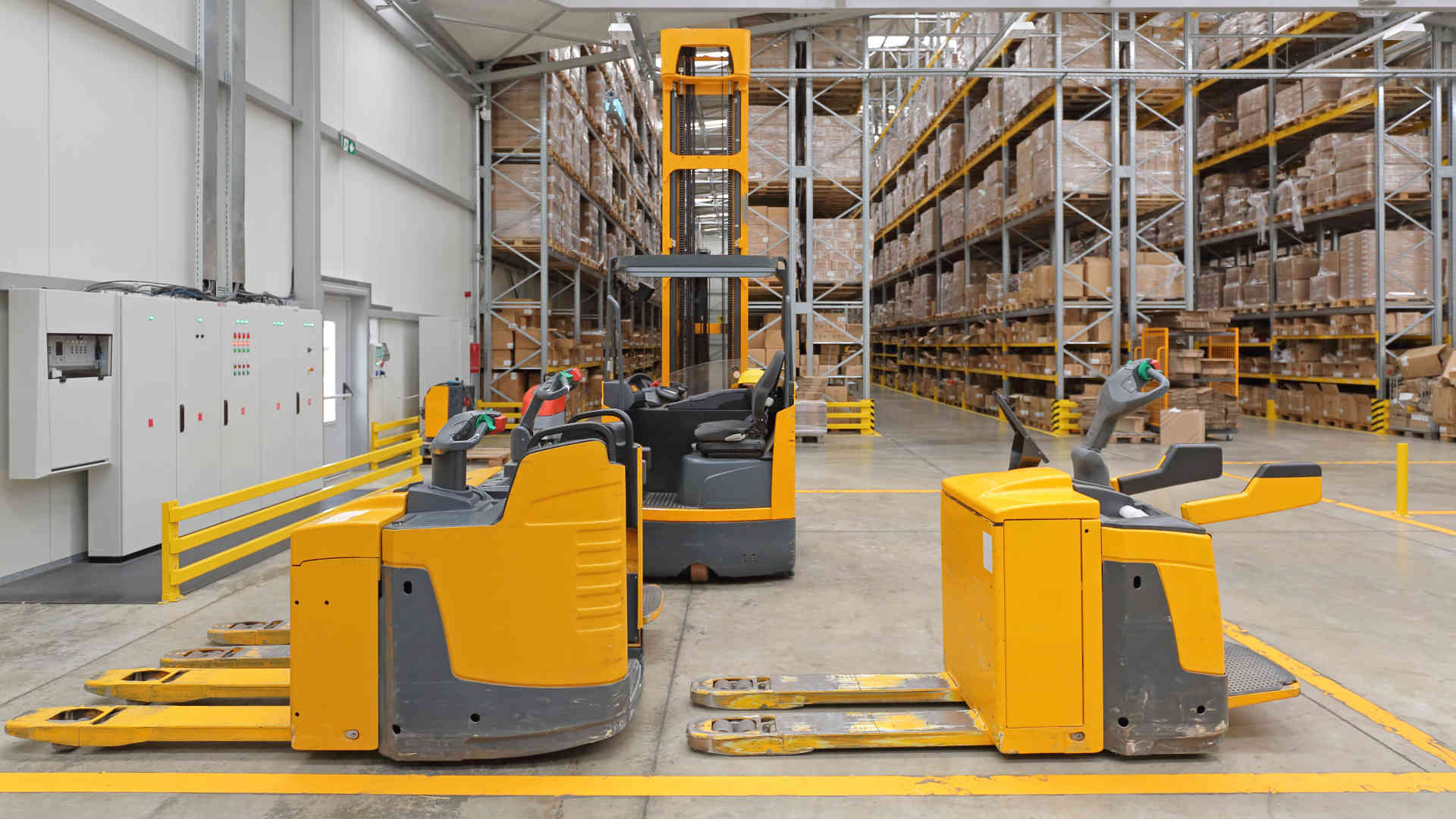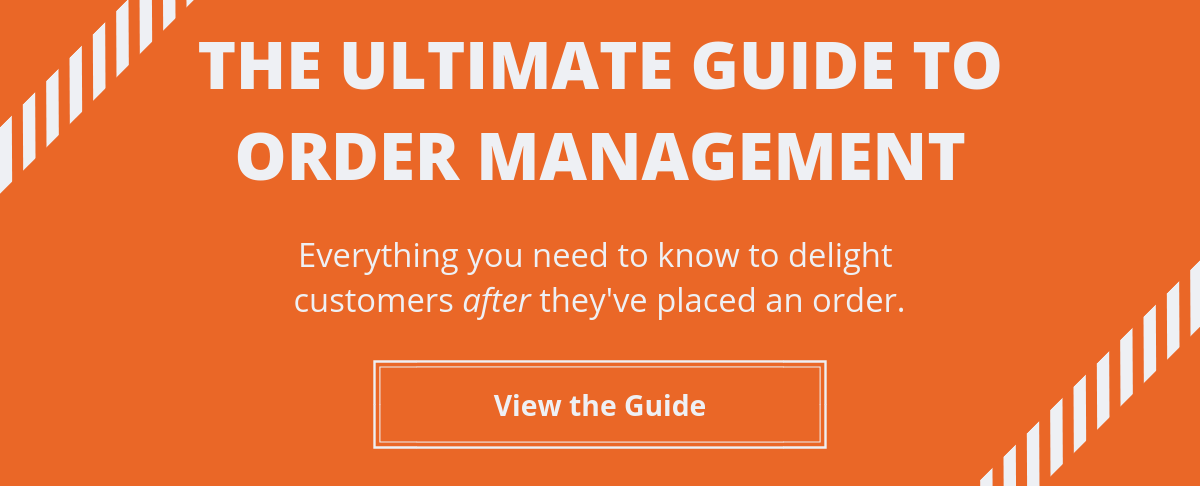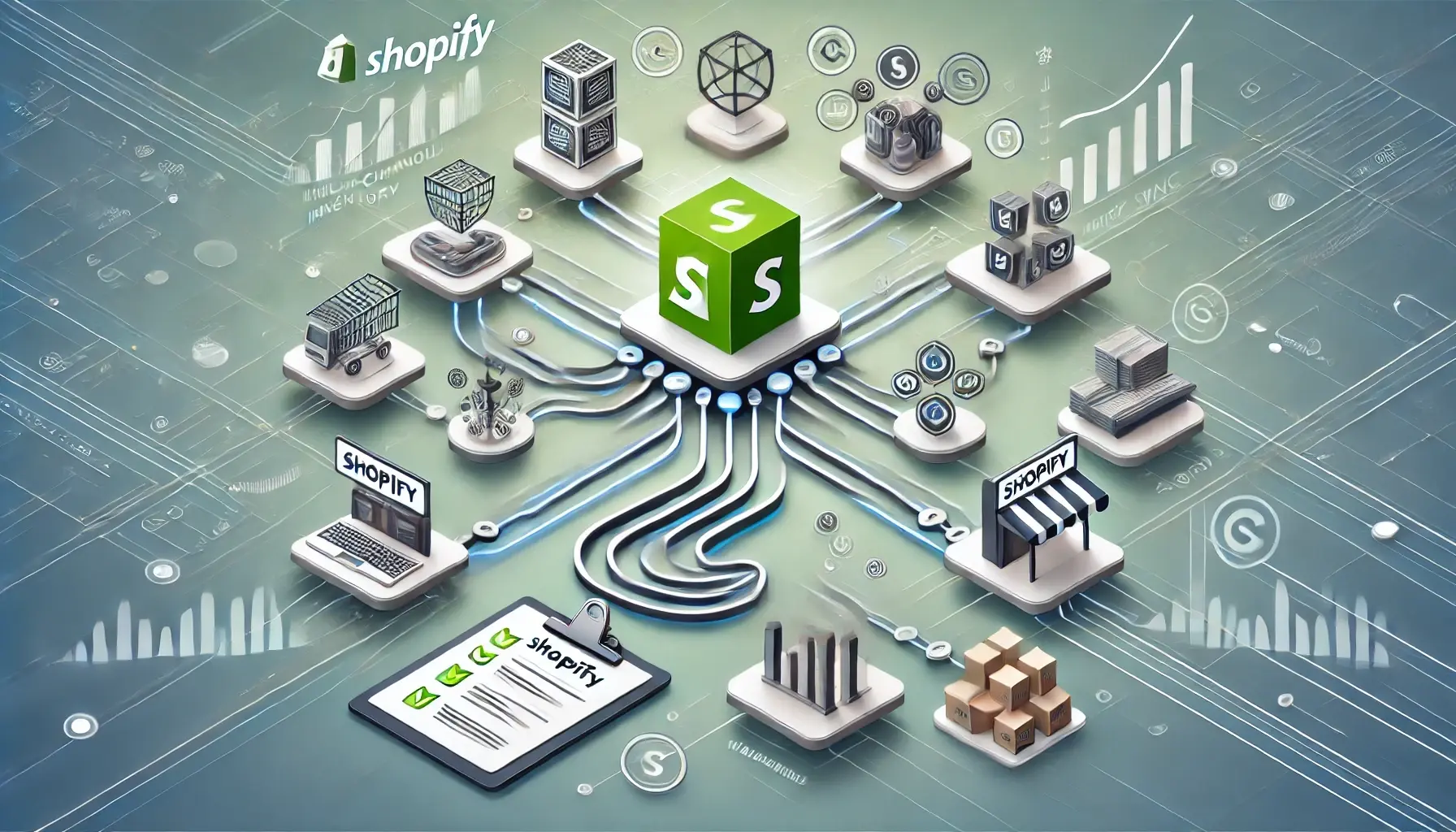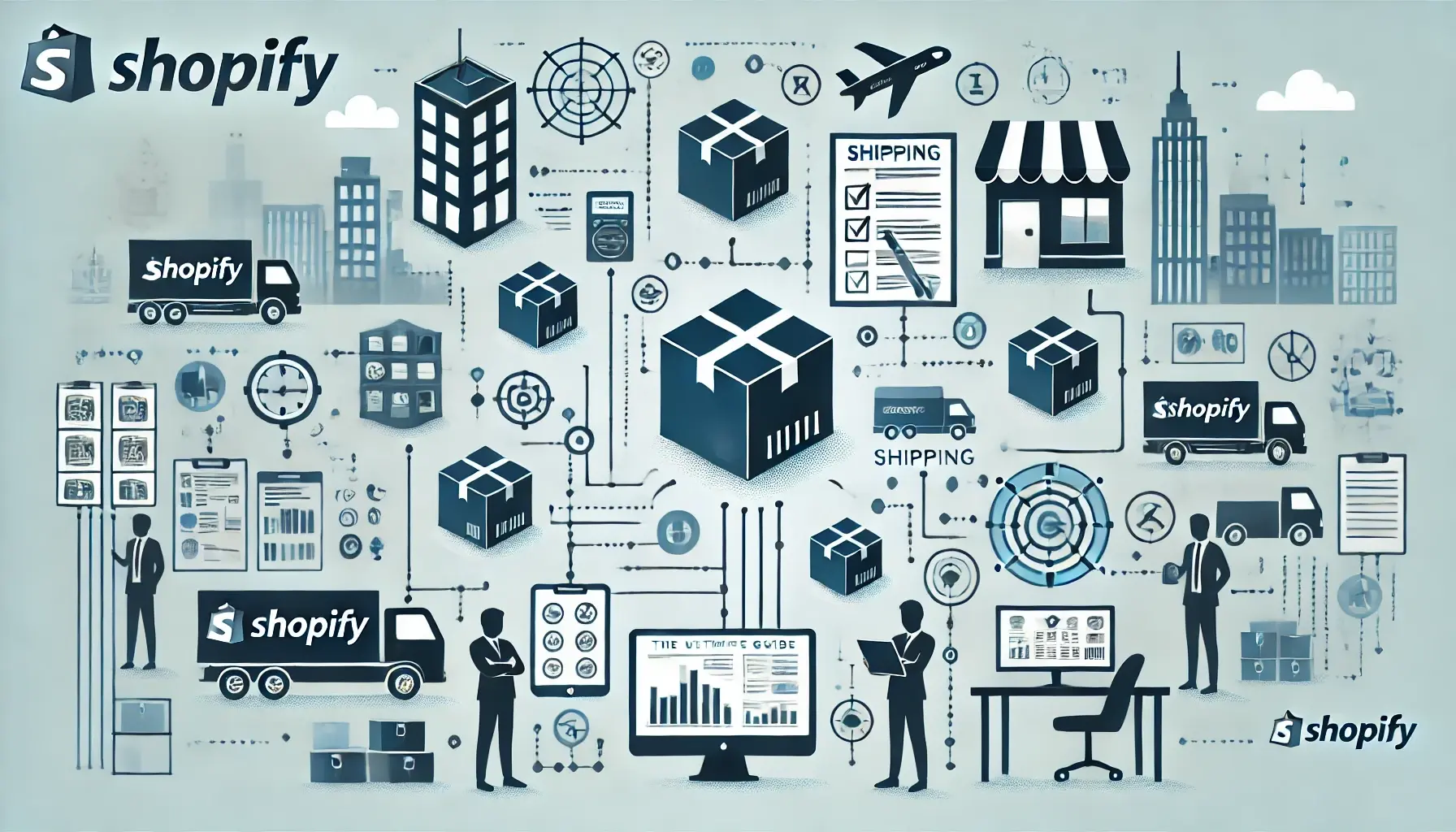Many e-commerce companies struggle with how to handle their fulfillment. If you do everything in-house, it gives you maximum control and visibility every step of the way.
However, outsourcing with a top Third Party Logistics (3PL) provider with proprietary partners and established locations also has its advantages.
What's best for you might not fit another business - and vice versa.
So, how do you get the information you need to decide which way to go? This article is designed to give you a head start on your journey to vetting out a fulfillment solution for your business.
If you are a growing e-commerce retailer, your operational complexities are growing. Before things get too far along, it makes sense to look at every aspect of your operation, including fulfillment.
Here's some information and questions that you can use to decide what works for your enterprise.
Cost Factors to Compare
While some costs of fulfillment, such as the cost of the product, are universal, others are specific to in-house or outsourcing.
In-house Cost Factors
When you handle your own fulfillment, you have overhead costs such as warehouse rent and maintenance, and labor and related expenses. You'll also have to allocate the time and energy to oversee this portion of the business.
Here are the main categories to break out for a cost-benefit analysis. Compare this to the buckets below (with estimates entered for both) for outsourced fulfillment.
- Insurance
- Labor
- Rent
- Software
- Supplies
- Utilities
Outsourcing Cost Factors
With outsourced fulfillment, you won't have direct overhead costs. Instead, you'll probably pay a per unit fee to the 3PL you partner with, along with the related costs.
- Call Support
- Cartons
- Customer Service
- Order Fulfillment Fees Per Item
- Order Fulfillment Fees Per Order
- Receiving Fees
- Returns Fees
- Set Up Fee – One Time
- Storage Fees
Outsourcing is a tough decision, but knowing how much money you can save by using outsourced fulfillment puts you in a great position when it comes to weighing the other factors impacting your decision.
Things to Consider
Here are four categories you'll want to consider separately since the cost impacts are so significant to your decision.
- Storage - Call local storage sites, such as warehouses or business parks to compare rates.
- Labor - Your time is the most significant non-monetary investment you make when you start up a business. Should you be investing your time in operating activities like inventory handling and shipping?
- Packing Materials - Small, lightweight goods that don’t break are easy and cheap to handle in-house, for example. However, specialty products that are fragile, or that require special packaging can be labor-intensive and expensive. Here, a fulfillment center might save you money.
- Shipping - Product Shipping is one of the largest, if the largest, costs for e-commerce businesses. This cost varies wildly depending on what you ship and where your customers are.
Product Considerations
Consider your product line in your decision. If you do a high volume and have straightforward packing requirements, this is a great candidate for outsourced fulfillment.
On the other hand, if you deal in perishables, highly customized products or large, complicated or heavy goods, you might have to handle the fulfillment invoice to ensure quality and customer satisfaction.
Processes, Operations and Accuracy
If you run a large-scale operation that is subject to formal quality controls, such as Six Sigma or engineering-related certifications, then it may not be feasible to bring your fulfillment operations in-house.
On the other hand, larger companies may have the needed expertise to acquire and train employees in the appropriate methodologies. This is a big question and deserves considerable attention before you make any decisions to move away from an existing 3PL.
Fulfillment centers are typically ready and able, to provide consultation across many e-commerce matters, not just fulfillment. So, you have to wrap your arm around exactly what you're looking for.
Control
Orders are how your customers perceive you. Are you willing to leave it to someone else?
If you hand-make goods and are operations intensive, it probably makes sense to keep fulfillment in-house. If your in-house expertise is based on product development, marketing and advertising, a 3PL might make more sense once you've established your product offering.
Location
If you ship countrywide, a centrally located fulfillment center can save you tons of money, especially if your product few more than a pound or two or if you're based in a corner of the country, such as Seattle, Miami or Portland, Maine.
If you ship overseas, you should consider moving fulfillment to a geographically desirable location that can reduce your shipping costs.
Efficiency and Scaling
Outsourced fulfillment makes the most sense for companies that average a few hundred orders per month (or less).
You aren't likely to require fast scalability on the scale of companies that do much larger volumes. However, it doesn't hurt to be prepared for when things really take off.
Customer Satisfaction
At the end of the day, the final analysis comes down to whether outsourced fulfillment or in-house solutions yield the best customer satisfaction.
Fast, accurate shipping resulting in an undamaged package on your customer's doorstep is the ultimate goal. Before you select a 3PL or invest in expanding your in-house operations, take a moment to think about what's holding you back.
What are you willing and able to spend to fix it?
How you handle fulfillment depends on several factors.
Time and cost comparisons, location, volume and scalability, and your willingness or ability to bring a 3PL into the equation. For some owners, outsourcing makes sense from day one. For others, in-house fulfillment is the only acceptable option.
In either case, it's important to understand your options.
Your decisions to change your fulfillment processing will ripple through your organization, so move slowly. It's too late to make changes for the holidays but aim to hit the ground running in the new year. In the meantime, take a look this ultimate guide to order management.
Ready to Transform Your Operations?
See how SkuNexus gives you full control over inventory, orders, warehouse, and shipping.
Schedule a Free Demo →





